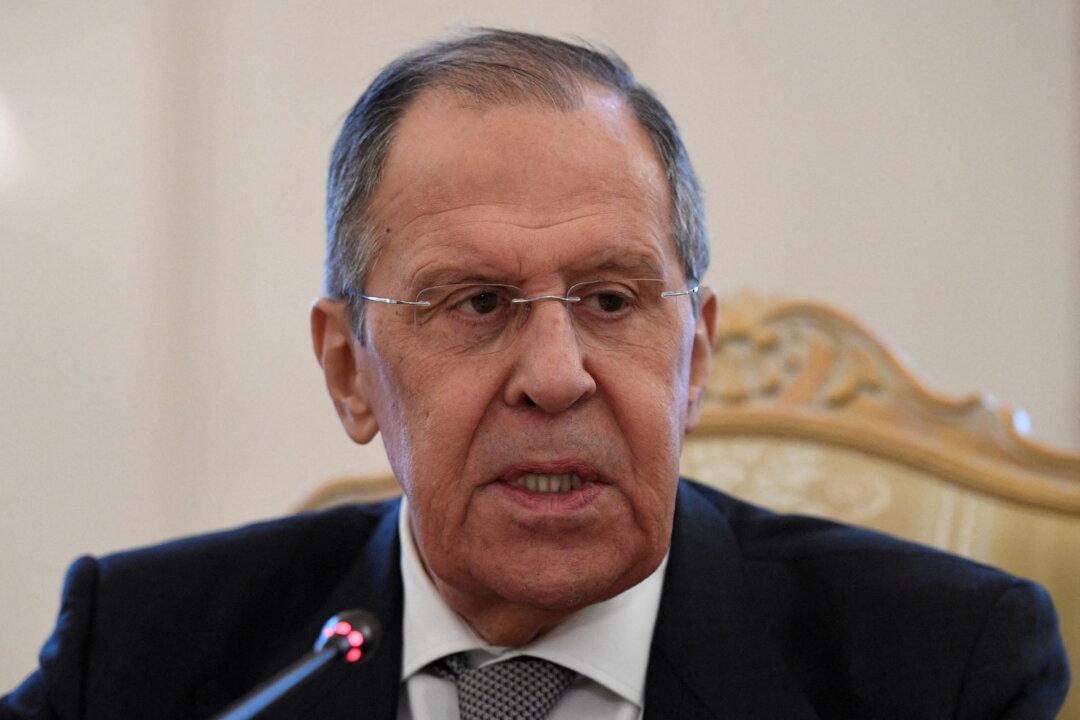The Russian Federation has signaled once again that it does not expect serious harm to befall its fossil fuel industry amidst economic sanctions and international isolation, arguing that it will continue to find buyers, even if Europe and the United States cease doing business with Russian oil exporters.
“We will not persuade anyone to buy our oil and gas,” said Russian Foreign Minister Sergei Lavrov on March 10. “If they want to replace it with something, they are welcome, we will have supply markets, we already have them.”





